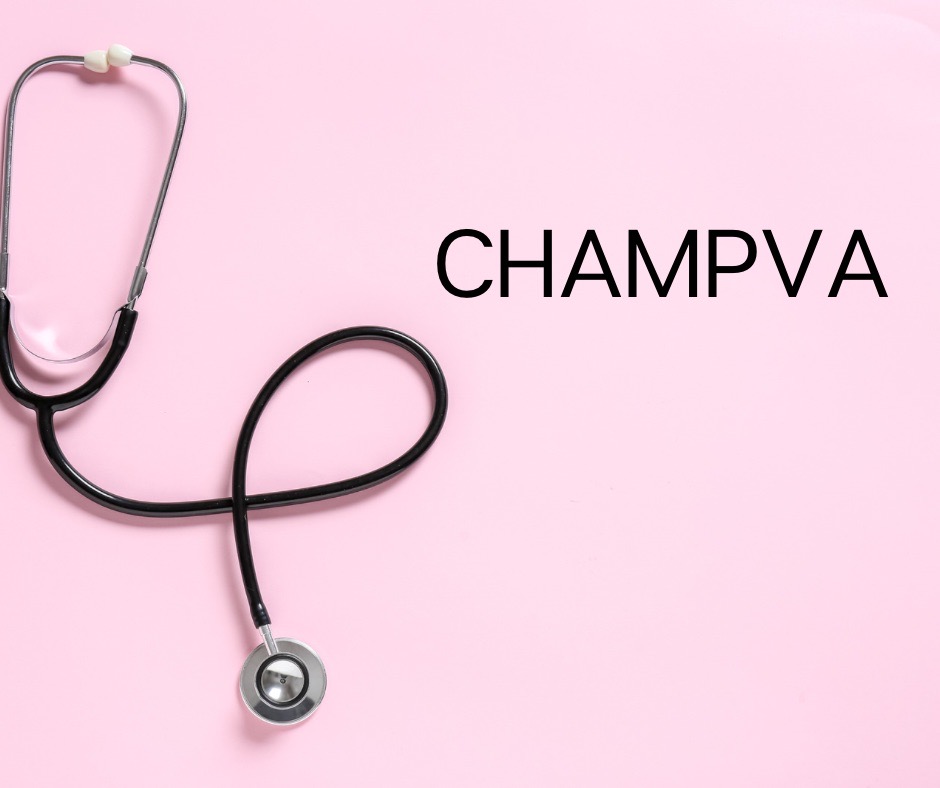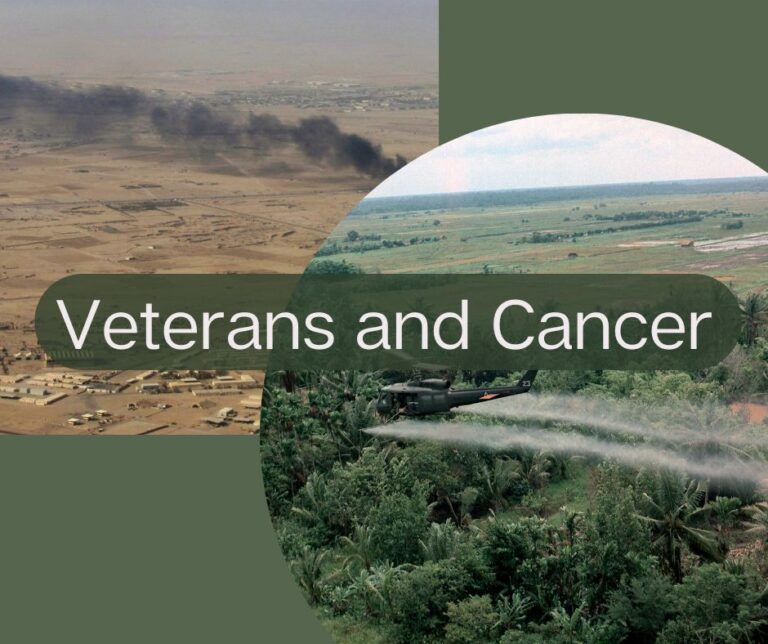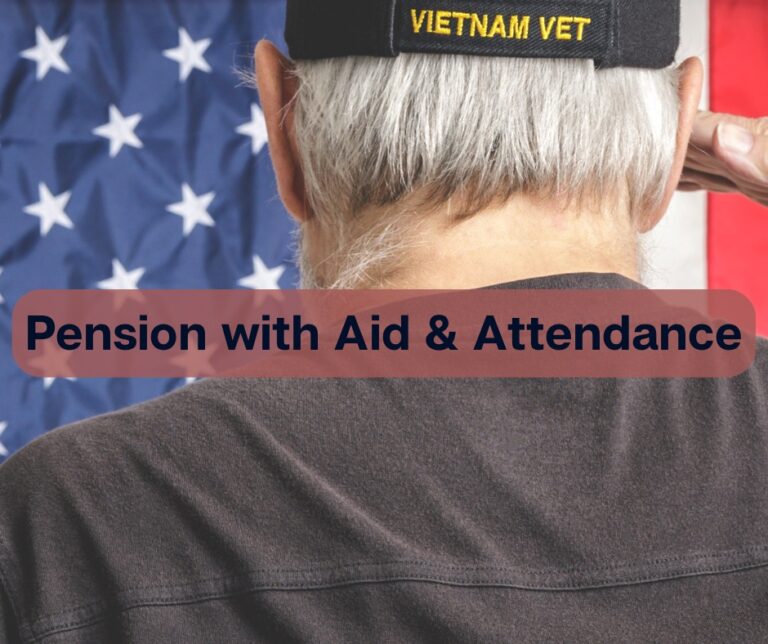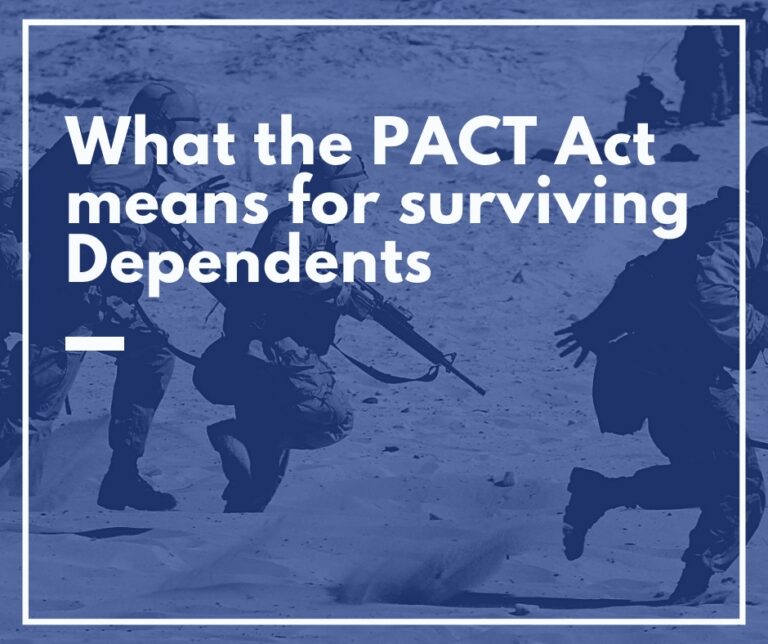CHAMPVA
The Civilian Health and Medical Program (CHAMPVA) is a health care program for certain dependents and survivors of Veterans. CHAMPVA is a health benefits program where the VA shares the cost of procedures and medical supplies with dependents and survivors. Eligibility for the program is different for those under 65 and those over 65.
Eligibility
Dependents must not be eligible for TRICARE or for Medicare A if you are under 65 years of age. In addition, one of the following must be true for the dependent.
- the spouse or child of a Veteran is rated at 100% Totally and Permanently disabled for a service-connected disability, OR
- the surviving spouse of child of a Veteran who died from a service-connected disability, OR
- the surviving spouse or child of a Veteran who, at the time of death, was rated permanent and totally disabled from a service-connected disability, OR
- the surviving spouse or child of a Service Member who died in the line of duty, not due to misconduct
If an individual is over 65 years of age and not entitled to Medicare Part A, they are eligible for CHAMPVA. However, they must submit Social Security Administration certification of noneligibility for Medicare Part A.
Eligibility if entitled to Medicare Part A
Individuals entitled to Medicare Part A have special considerations.
- If the beneficiary is under 65 years of age , they must have both Medicare Part A and Part B and be eligible for CHAMPVA through their Veteran as detailed above.
- If the beneficiary was over 65 years of age on or after June 5, 2001, is entitled to Medicare Part A and is enrolled in Medicare Part B, they are eligible for CHAMPVA as a secondary payer to Medicare Parts A and B, Medicare supplemental insurance plans and Medicare HMO plans.
Prior to June 5, 2001
- If the individual is entitled to Medicare Part A and has not purchased Medicare Part B, they are eligible for CHAMPVA as a secondary payer to Medicare Parts A and B, Medicare supplemental insurance plans and Medicare HMO plans.
- If the individual is entitled to Medicare Part A and has purchased Medicare Part B, they must continue to carry Part B in order to retain eligibility for CHAMPVA.
Special Circumstances
An eligible child of a Veteran, upon their 18th Birthday, must provide proof of full time school enrollment in order to continue to qualify for CHAMPVA.
The Primary Caregiver for a Veteran may be eligible for CHAMPVA if they do not have another health plan. See the CHAMPVA website for eligibility requirements.
The VA CHAMPVA website also has information on qualifications for the following circumstances:
- New or expectant parent
- Surviving spouse who is currently remarried
- Surviving spouse whose remarriage has ended by death, divorce, or annulment
- An 18-to-23 year old dependent child of a Veteran
- A Veteran’s stepchild who leaves the Veteran’s household
- A primary family caregiver of a Veteran
- A CHAMPVA beneficiary who is 65 years old or older, or who qualifies for Medicare at any time.
CHAMPVA Benefits
CHAMPVA covers a percentage of costs of medically necessary and appropriate services and supplies. The VA has a non-exclusive list of around 80 services excluded from coverage. These excluded services include services such as dental work, chiropractic services, non FDA approved drugs, laser eye surgery, and experimental procedures.
Even if the procedure is not on the disallowed list, CHAMPVA could still deny benefits if the VA determines it is not medically necessary.
The VA will pay out benefits based upon a pre-calculated ‘allowable amount’ for each service. In general, if the procedure is from a non-VA facility, CHAMPVA will pay out 75% of the allowable amount. The beneficiary’s share is the remaining 25% of the allowable amount (possibly more*), up to the annual ‘catastrophic cap’ of $3000. This catastrophic cap is in place to provide some financial protection in cast of long-term care or a catastrophic illness. After the beneficiary has paid $3000 in cost-sharing, CHAMPVA will fully cover all allowable medical care and supplies for the remainder of the calendar year.
*If the care is from a private provider, they may charge more than the CHAMPVA allowable amount. If so, the beneficiary is responsible for paying the remaining 25% of the allowable amount as well as the additional amount that the provider may charge.
For more information on medical services covered and not covered, refer to the CHAMPVA Program guide.
CHAMPVA and Medicare
CHAMPVA is always the secondary payer to Medicare.
Applying for CHAMPVA
As always, your local Veteran Service Officer may be your best source of information. They will also usually have the forms needed and be able to submit the application along with all supporting documentation. However, even if you go to a VSO for assistance, please make sure and take all of the recommended documentation. It will make the application process much easier.
In order to apply for CHAMPVA, a Veteran or dependent will need a copy of any other health insurance cards which are active, as well as their Medicare card. Applicants must include copies of any other active insurance cards.
In addition, in order the speed the processing of the application, it is advisable to send the following documents:
- VA disability rating letter of the Veteran showing permanent and total disability. If the Veteran is deceased, send the letter showing their rating at the time of death.
- Veteran’s DD214
- Dependent child’s birth certificate or adoption papers
- School enrollment for children 18-23 years old
- If dependent is remarried but single again, a copy of the document which ended the marriage (divorce, death, annulment paperwork)
Appealing CHAMPVA Decisions
CHAMPVA includes two appeal possibilities. If an applicant has been denied CHAMPVA benefits and wants to appeal that decision, they follow the same appeal process which applies to other VA benefits.
The beneficiary must use a different process to appeal CHAMPVA’s calculation of a benefit. The appeal must be received within one year of the date of the initial determination of benefit amount. The appeal must offer reasons the decision is wrong and include any new evidence.
A benefits advisor will reconsider the decision and provide their written determination. If the beneficiary still disagrees, they can appeal to the CHAMPVA Center Director, in writing, within 90 days of receiving the new determination. However, the decision of the Director is final and there is no further appeal process after their determination.
CHAMPVA benefits are not available for everyone, but for those who are eligible they can be a source of significant medical savings.
If you have any questions or comments, either drop them below or email us.
God Bless,
from NWAVet








My wife and I are having a difficult time navigating CHAMPVA. She’s expecting, DEC 3, and we’re trying to set up everything for her and our child and we’re running in to the issue that, even though providers say they take medicare and/or tricare, they don’t take CHAMPVA. We were told that if a provider accepted either medicare or tricare then they would accept champva. Please advise. Any help would be greatly appreciated.
James
Sgt USMC (2000-2008)
I don’t have any real help for you in this. According to the VA, the family programs administered by CHAMPVA do not maintain a list of providers. Also, providers who accept Tricare do not necessarily have to accept CHAMPVA. It is up to each provider if they choose to or not. The only advice I can offer is to check with your provider and ask if they do. Your primary care doctor may be able to help you find one who does.